John A. Macdonald
The Young Politician

The Old Chieftain
Donald Creighton
With an introduction by P.B. Waite
And a new introduction by Donald Wright
First published in 1952 and 1955 in two volumes, John A. Macdonald: The Young Politician / The Old Chieftain remains a classic in Canadian arts and letters. Described as the greatest biography ever written in Canada, it earned Donald Creighton two Governor Generals Awards. In 2013, the Toronto Review of Books recommended it to anyone who wished to become a better Canadian.
In this book, Creighton examines the public and private lives of Canadas first prime minister, his victories and defeats as well as his joys and pains. A gifted writer, Creighton takes the reader back in time to the nineteenth century, the road to Confederation, and the building of the railway. Along the way, he visits Kingston, Quebec, Charlottetown, Ottawa, and London, following his hero from a few rooms above his fathers shop in Kingston to the corridors of power in England, including the magnificent Highclere Castle where much of the British North America Act was written. This edition includes a new introduction by Creightons biographer, Donald Wright, and also the introduction to the 1998 paperback reprint by Peter Waite, Creightons very first doctoral student.
DONALD CREIGHTON (19021979) was the outstanding narrative historian of Canada in his era. A long-time professor of history at the University of Toronto, his other books include The Empire of the St. Lawrence, The Road to Confederation, and Canadas First Century.
DONALD WRIGHT is a professor in the Department of Political Science at the University of New Brunswick.
PETER WAITE is a professor emeritus in the Department of History at Dalhousie University.
John A. Macdonald
The Young Politician
* * *
The Old Chieftain
DONALD CREIGHTON
With an introduction by P.B. Waite
And a new introduction by Donald Wright

First edition of The Young Politician Donald G. Creighton 1952
Published by The Macmillan Company of Canada Limited
First edition of The Old Chieftain Donald G. Creighton 1955
Published by The Macmillan Company of Canada Limited
Paperback reprint of The Young Politician and The Old Chieftain
with the new introduction by P.B. Waite first published in 1998
This edition of The Young Politician and The Old Chieftain
Estate of Donald G. Creighton 2018
Introductions by P.B. Waite and Donald Wright
University of Toronto Press 2018
Toronto Buffalo London
utorontopress.com
Printed in the U.S.A.
ISBN 978-1-4875-2287-2
 Printed on acid-free, 100% post-consumer recycled paper.
Printed on acid-free, 100% post-consumer recycled paper.
Library and Archives Canada Cataloguing in Publication
Creighton, Donald, 19021979, author
John A. Macdonald: the young politician, the old chieftain /
Donald Creighton; with an introduction by P.B. Waite and a new
introduction by Donald Wright. New edition.
Includes bibliographical references and indexes.
ISBN 978-1-4875-2287-2 (softcover)
1. Macdonald, John A. (John Alexander), 18151891. 2. Prime ministers
Canada Biography. 3. Canada Politics and government 18671896.
4. Canada Politics and government 18411867. 5. Biographies. I. Title.
FC 521.M3 C 74 2018 971.051092 C 2017-907852-6
University of Toronto Press acknowledges the financial assistance to its
publishing program of the Canada Council for the Arts and the Ontario Arts
Council, an agency of the Government of Ontario.


FOREWORD

John A. Macdonald and his colleagues intended that Canada would derive its strength from its diverse provinces and territories and would, as a federation, be stronger than any of its parts. John A. contributed his time and effort to building his vision of Canada into a strong reality. He set a standard of service to country that all readers of this new one-volume edition of his biography by Professor Creighton might follow.
In the months leading up to the celebration of Canadas Centennial Year, 1967, many Canadians became involved in planning various Centennial projects. One group of British Columbians, inspired by the leadership of Sir John in the founding of Canada, decided to commemorate him by founding the Sir John A. Macdonald Historical Society.
Since then, the Society has tried to stimulate the pride of Canadians in their identity. It has sponsored various speakers and sent its own energetic members across the country to communicate Sir Johns concept of the equality and partnership of Canada.
With the help of generous donors, the Society bestowed a statue of Sir John on the City of Victoria. For a number of years, the Society has also sponsored the award-winning Sir John A. Macdonald Society Pipe Band. Now, through a special distribution of this book, the Society hopes to acquaint every high school student in British Columbia with the fascinating story of the early years of this country from the perspective of its first Prime Minister.
SIR JOHN A. MACDONALD HISTORICAL SOCIETY

Introduction to the 2018 Edition

DONALD WRIGHT
I
The old boy would have loved it.
Kingston Whig-Standard
Kingston pulled out all the stops on 11 January 1965, beginning with a parade in the afternoon and a street party in the evening. It was terribly cold and a light snow was falling but a bonfire in City Park kept revellers and merrymakers warm. There were shouts of recognition, impromptu dances, and more than one toast to the man of the hour. Small groups of university students sang happy birthday. Others sang We Shall Overcome. And yet others waved the Quebec flag as a gesture of national unity.
Because no politician can resist the twin-headed temptation of a microphone and a captive audience, the evening began to drag and the keynote speaker began to fidget. All of them exceeded their given limit, he later grumbled. In fact, it would be nearly 11 oclock before he was finally introduced.
II
I always hoped and believed I would be a writer.
Donald Creighton
Donald Grant Creighton fell in love with words and their infinite possibilities as a child in Edwardian Toronto. I was born, he once said, into He still wanted to be a writer, but he would write history, not fiction.
Historys professionalization in the late nineteenth century and early twentieth century was largely beneficial but it also had drawbacks, including its tendency to be written by specialists for other specialists. Yet Creighton insisted that history didnt have to be a dry recitation of facts in ponderous monographs and unread journals: instead, it could be a branch of literature. Hired by his alma mater in 1927, he initially set his sights on French history but, given the lack of funding, he turned to Canadian history. At first, it bored him. Later, it fired his imagination.
Next page

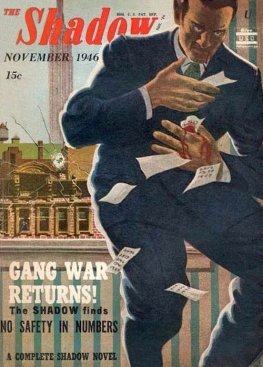
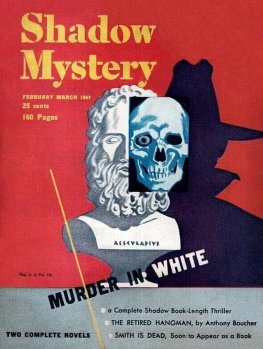
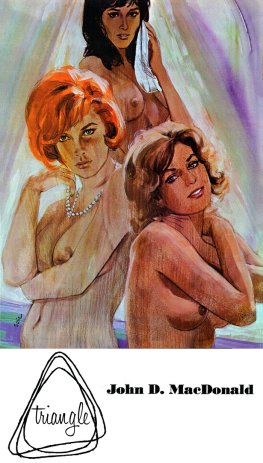
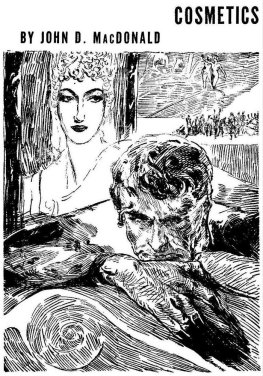
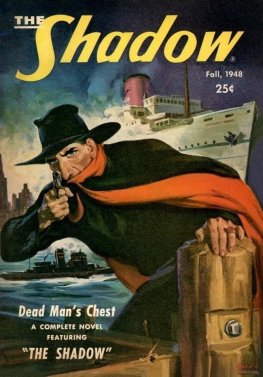
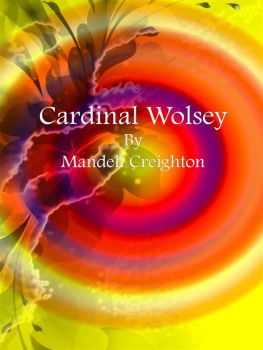
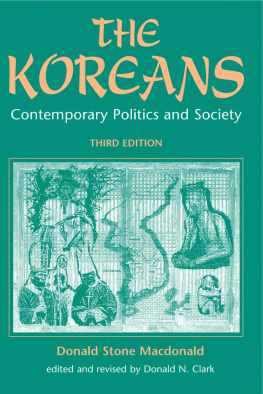
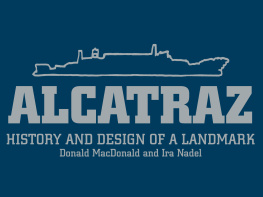
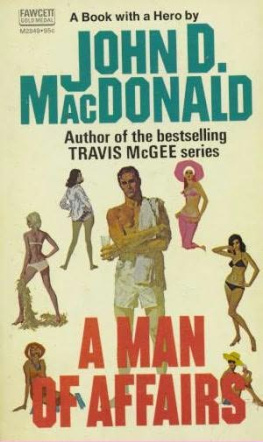
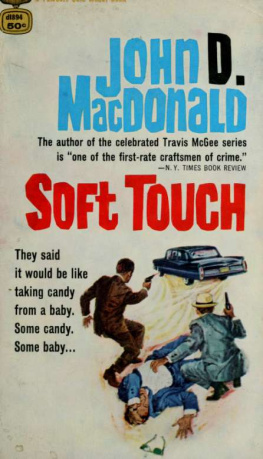
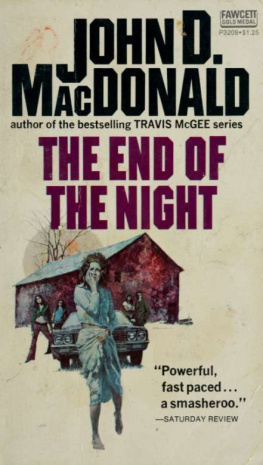


 Printed on acid-free, 100% post-consumer recycled paper.
Printed on acid-free, 100% post-consumer recycled paper.

